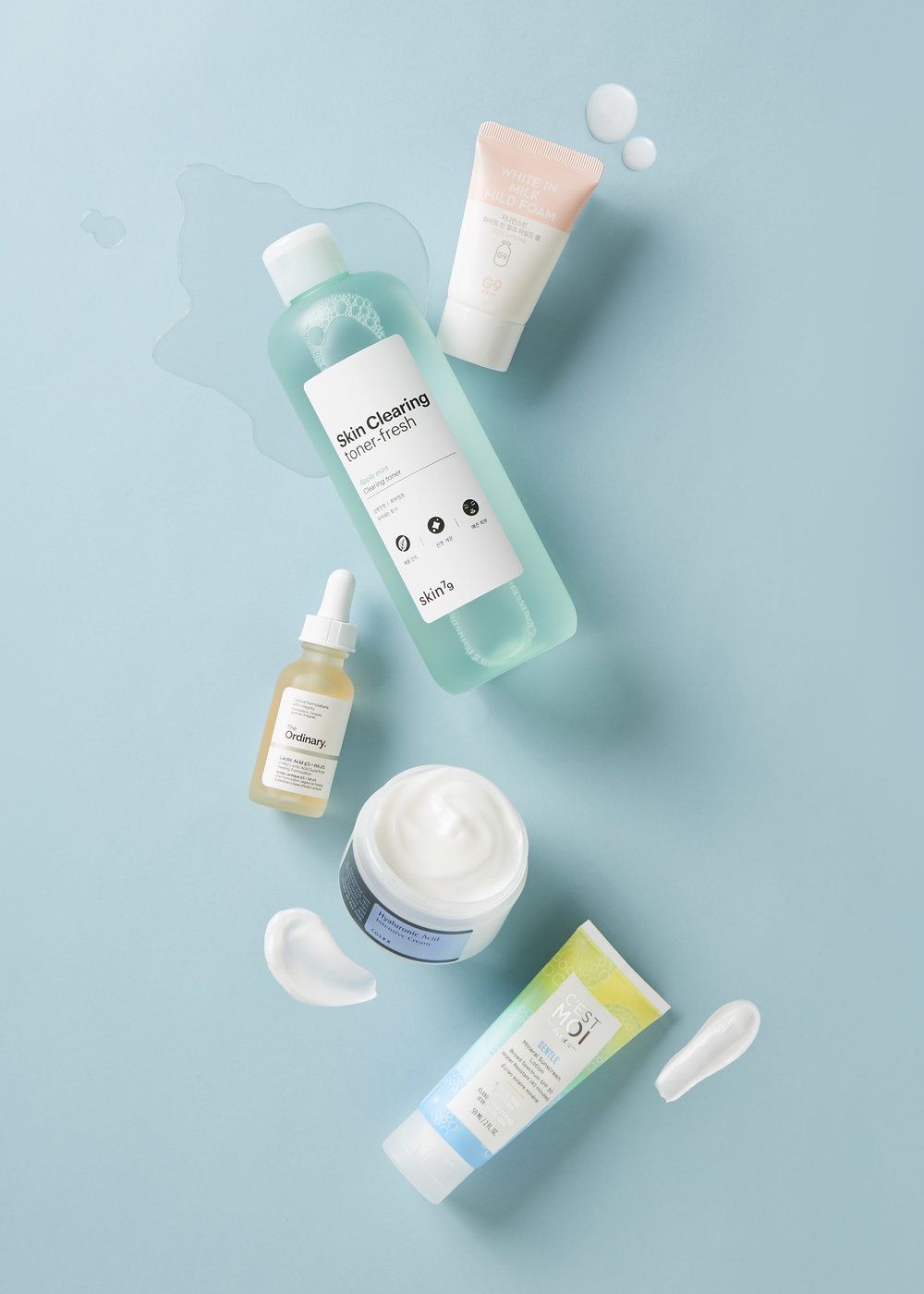
How often do you really think about your skin flora? Be honest.
We are still talking about the human skin, and how although rather frequently overlooked, paying attention to the health of our skin at a deeper level is becoming more and more the focus of contemporary skincare. More so now that, recently, cosmetic and dermatological spaces are paying special attention on this area, unfolding big opportunities for the beauty and wellness industry.
One of those opportunities is found in thinking on ways to restore and strengthen the skin barrier, and for that we need a more in depth understanding of it. Many players are tackling this issue, like DSM, a corporation focusing on Health, Nutrition and Bioscience. DSM has been carrying research on the skin biome to understand how good bacteria works with each other, and when not, how to prevent particular skin conditions from occurring. Other Corporations like L’Oréal, Coty and Estée Lauder are carrying out their own research to develop the most relevant products for their consumers. L’Oréal’s ‘La Roche-Posay Prebiotic Skincare Moisturizer’ remained one of the top or emerging google searches for the past 12 months, for example.
But does it really work though? I remember during my twenties slapping on my cheeks some cold yogurt, but I didn’t see any particular skin improvement.
Well recent research shares microbiome friendly skincare has been shown to increase bacterial diversity on the face. This study was done last year, to measure the health of the skin on a sample group with prebiotic products and with benchmark skincare products for a period of 6 weeks. By the ends of the study the results showed the participants that used prebiotics products had a significant increase in skin hydration and a more strengthened skin barrier. Their skin had continued to improve throughout that period, supporting the hypothesis that products with prebiotic ingredients are beneficial to our skin. The results of the study did not show, however, prebiotic products had an advantage over benchmark products on the skin. Nevertheless, the opportunities for further research remain open.
This is actually not the first time we have talked about skin microbiome in the context of beauty care. From what I could find, (thank you Internet Archive!) conversation on the subject dates back to 2013, when brands lines were developing “biome-supporting” skincare lines that promised care and effectiveness to sensitive skin. Well we could chalk it up to not having been the right time, but interest on the subject is being renewed again, and it’s comfortably aligning with the contemporary view we have of skincare: to further understand and nourish the chemistry of our skin and bodies to maintain health for as long as we can, and yes, delay the signs of aging.
A quick look at Tiktok will show you plenty of videos reviewing microbiome friendly products, promising plump skin, and even promising to reverse more serious skin issues like acne or eczema. I’ll make another post reviewing the top biome friendly product reviews on TikTok. To write it here would be to fall into a very long rabbit hole.
Have you tried ‘biome-friendly’ or ‘biome supporting’ products? What has been your experience with them, and can you recommend any?

Leave a Reply